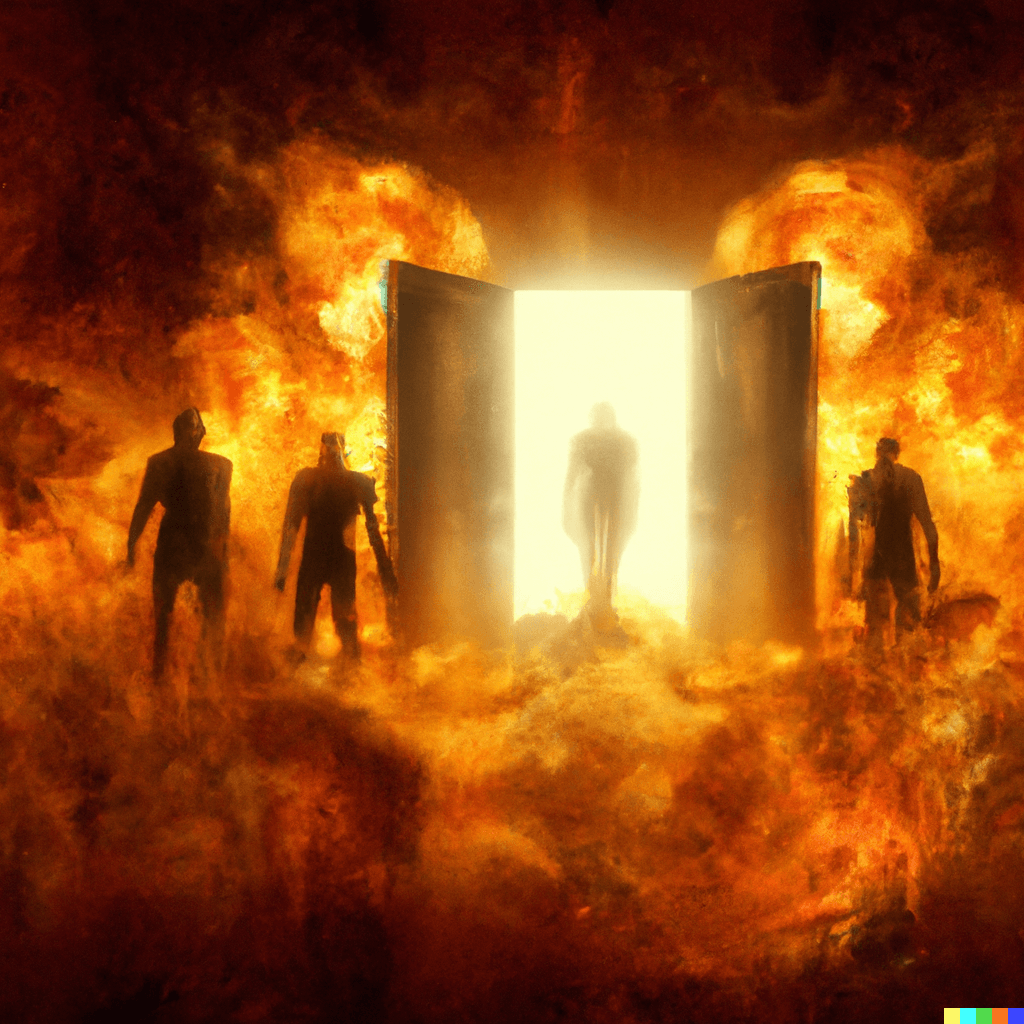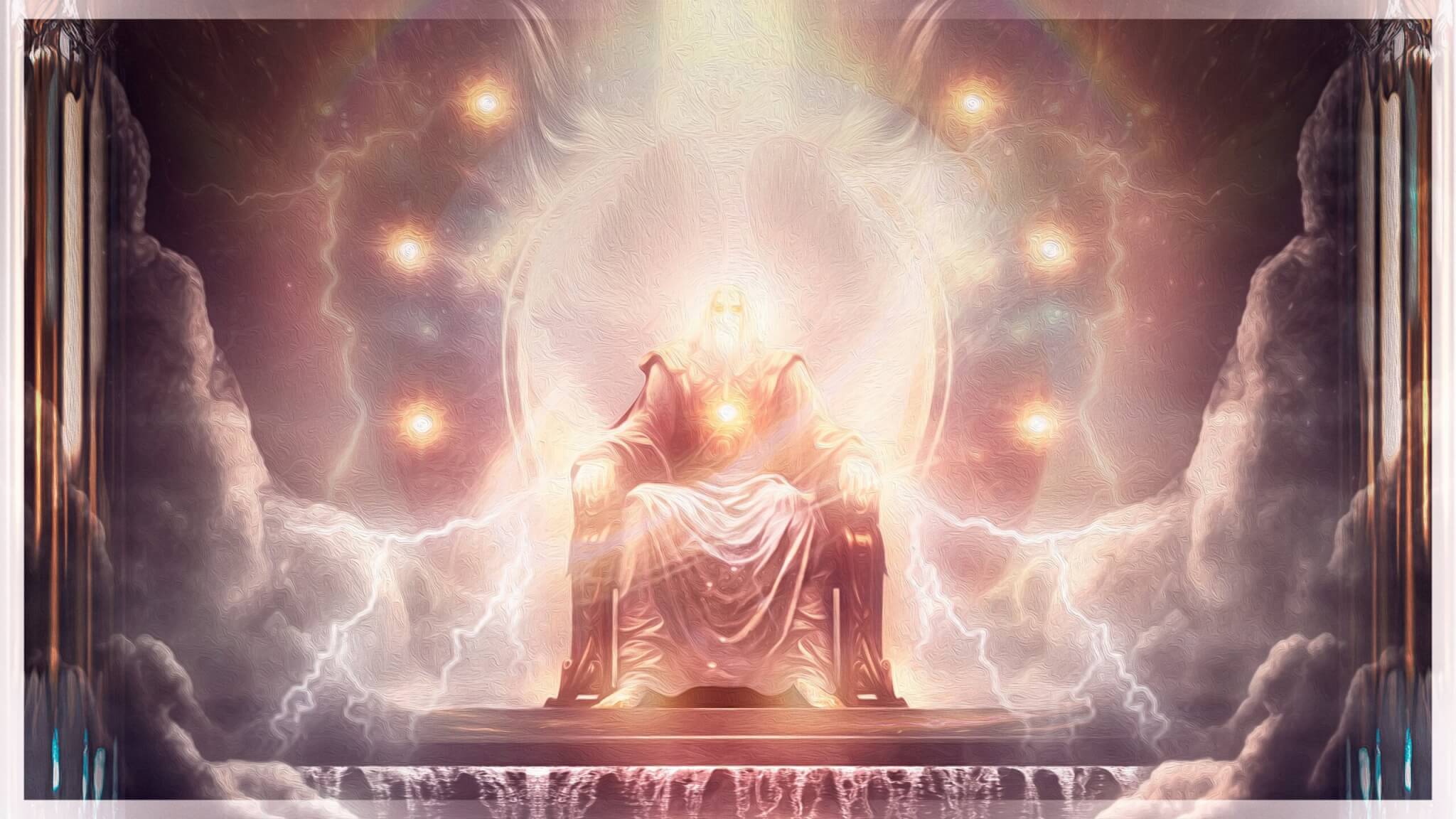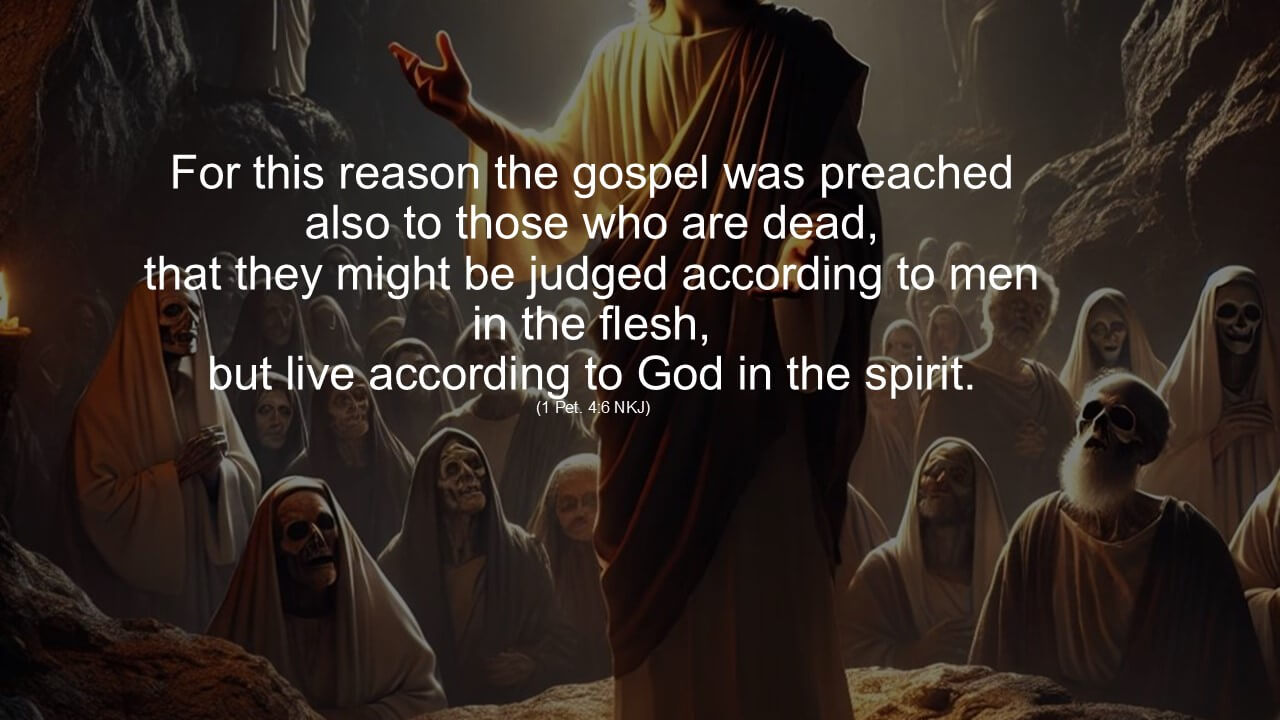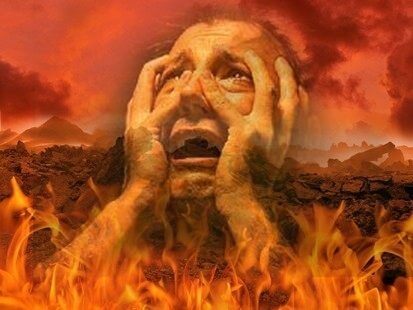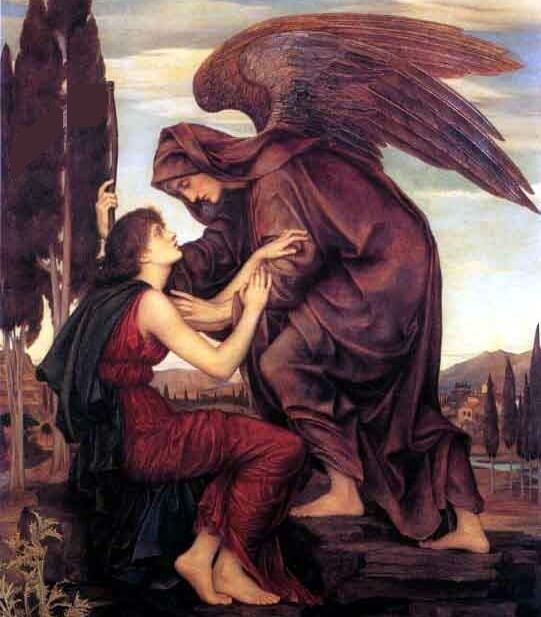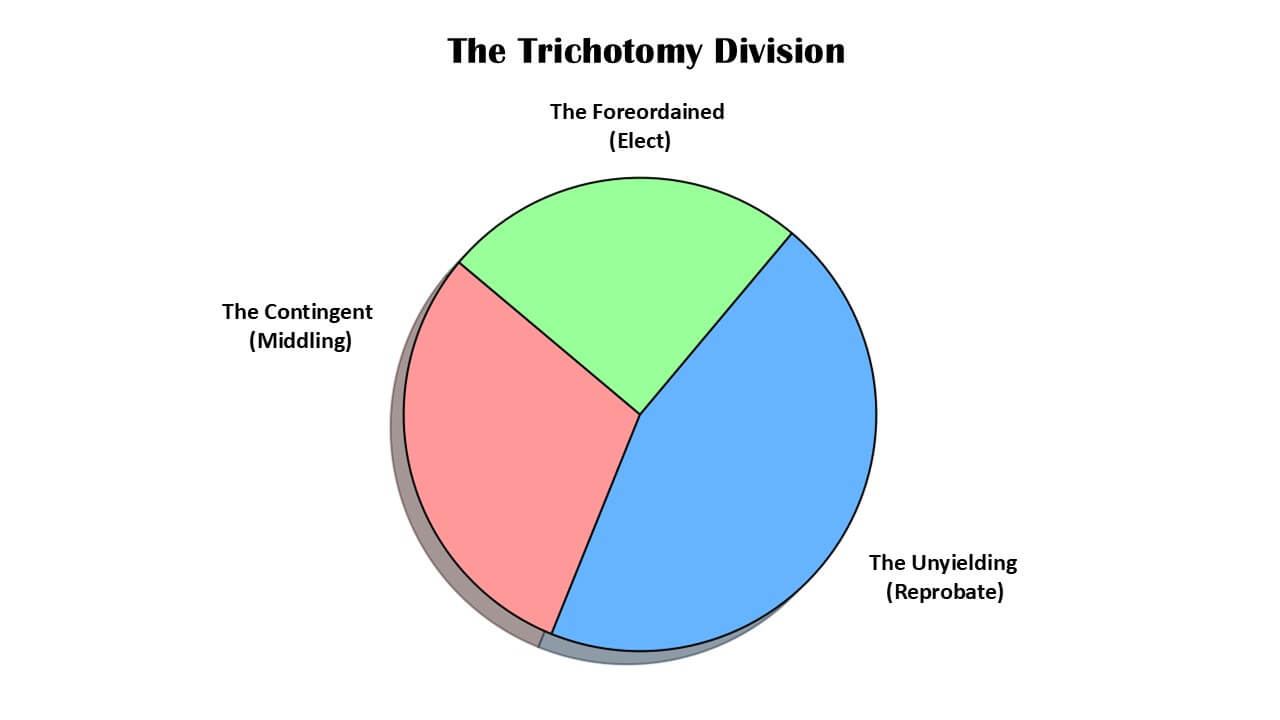What If Hebrews 9:27–28 Isn’t About Condemnation, but Redemption?
Save as PDFScriptural Evidence of Universal Opportunity for Salvation in Jesus “God is to us a God of deliverances; And to Yehovah the Lord belong escapes from death.” (Ps. 68:20) In John 3:16–17 Jesus declares that God loved the kosmos—not merely a nation, not merely a generation, not merely those fortunate enough to hear the […]
What If Hebrews 9:27–28 Isn’t About Condemnation, but Redemption? Read More »
